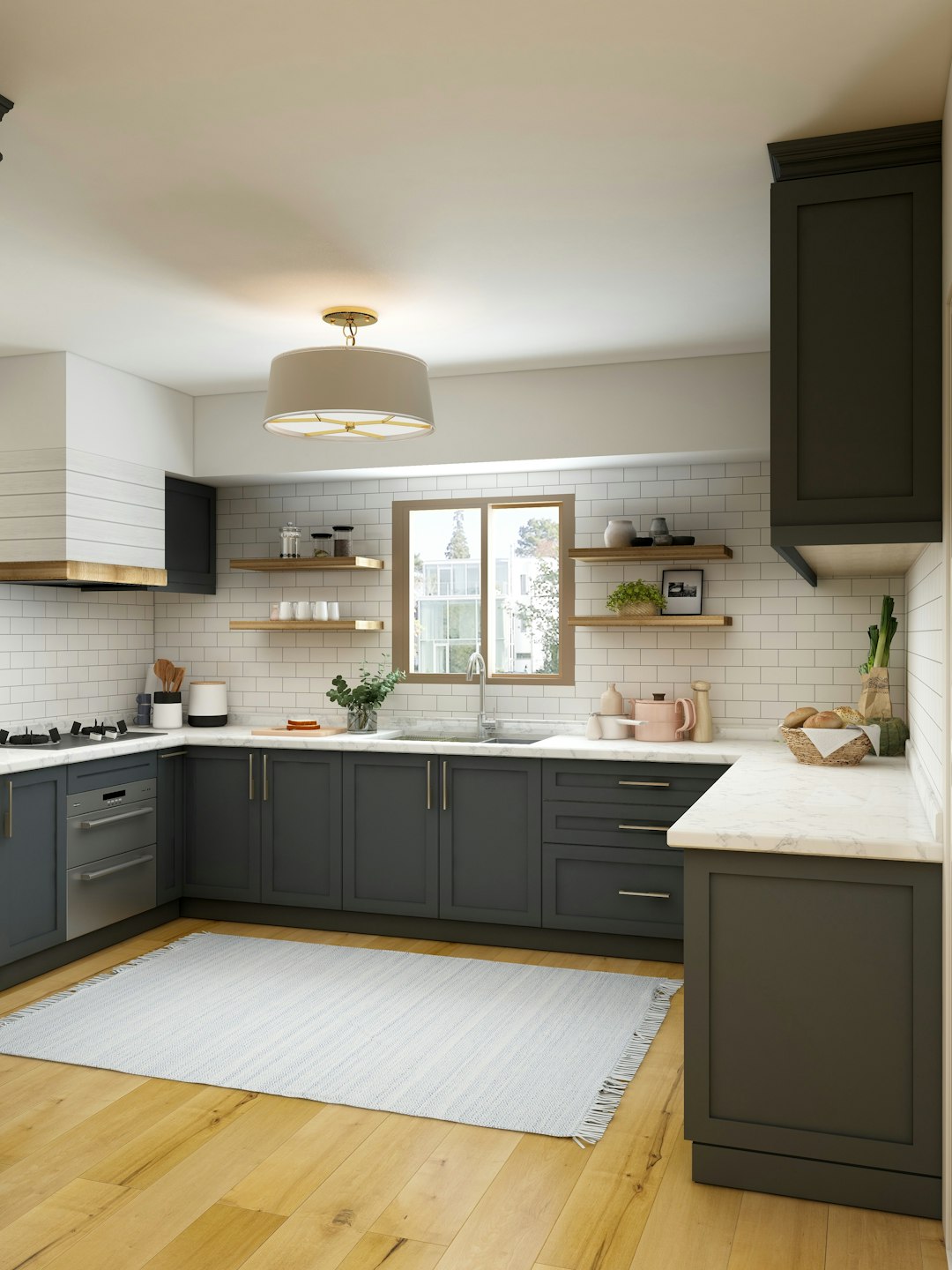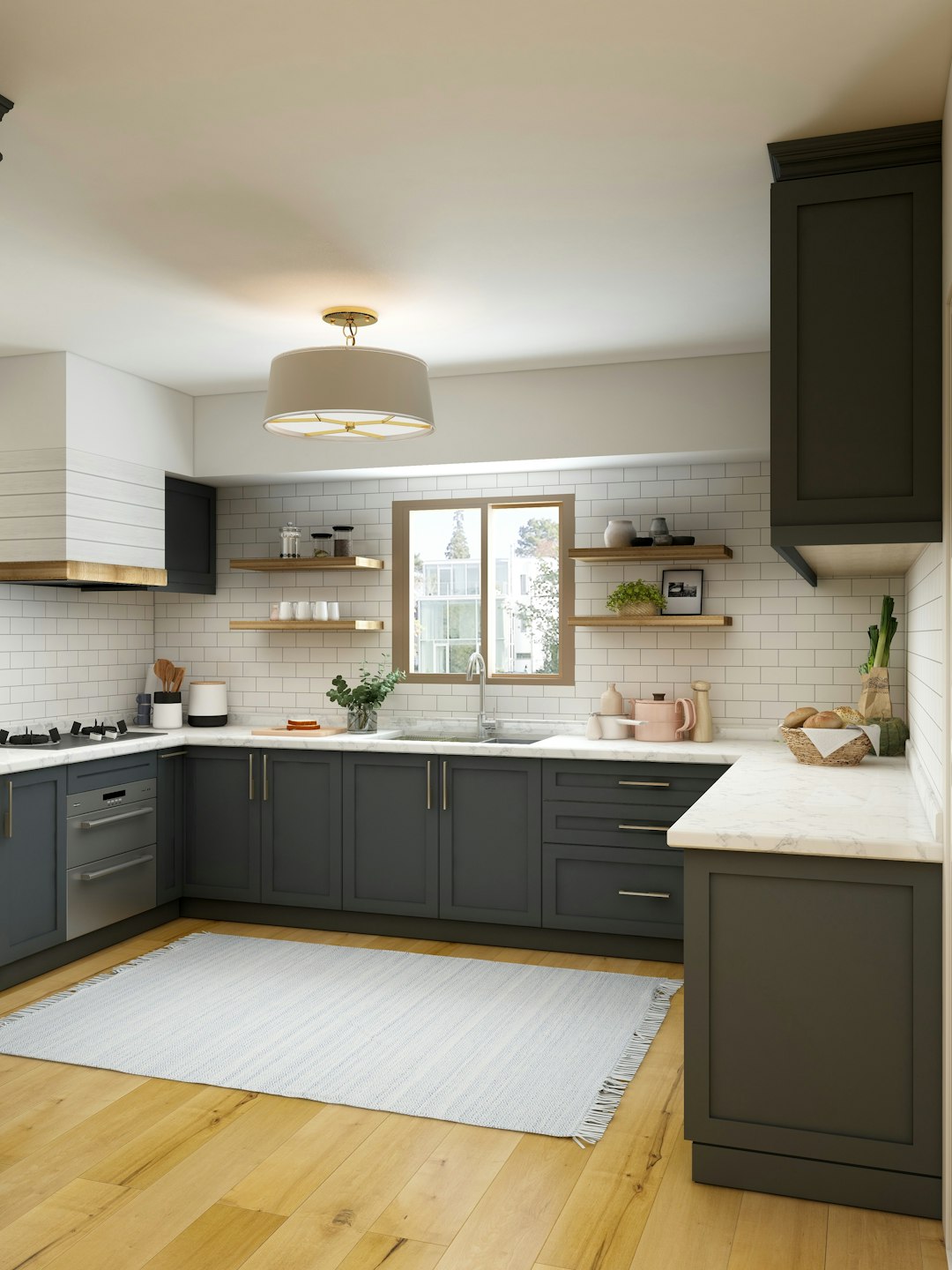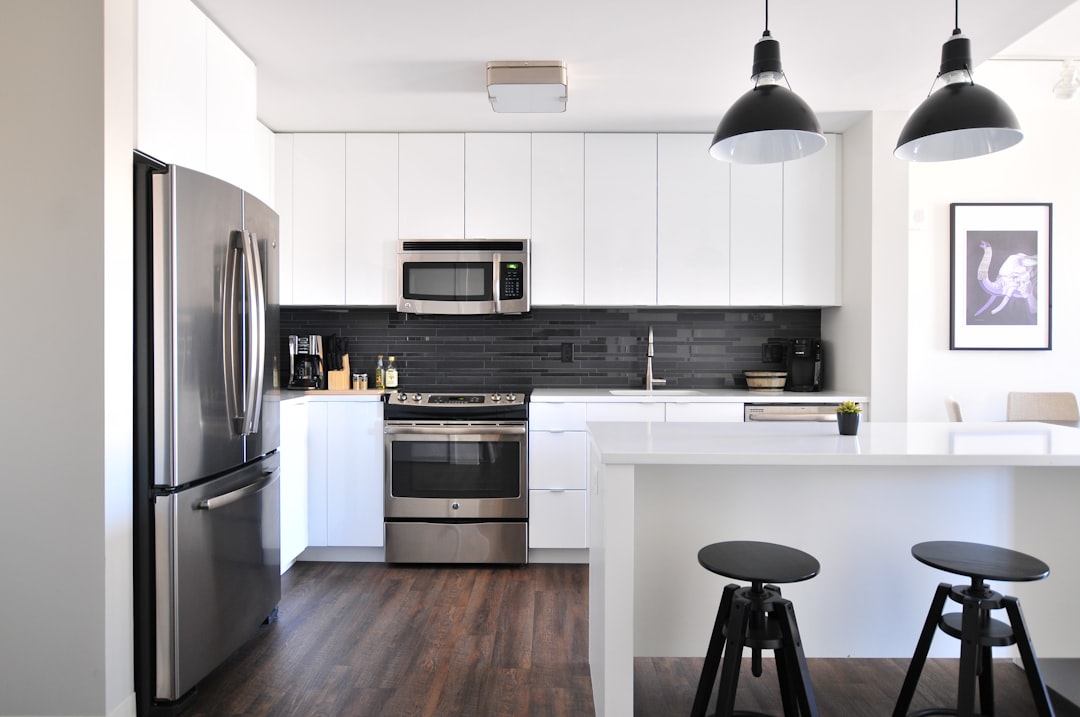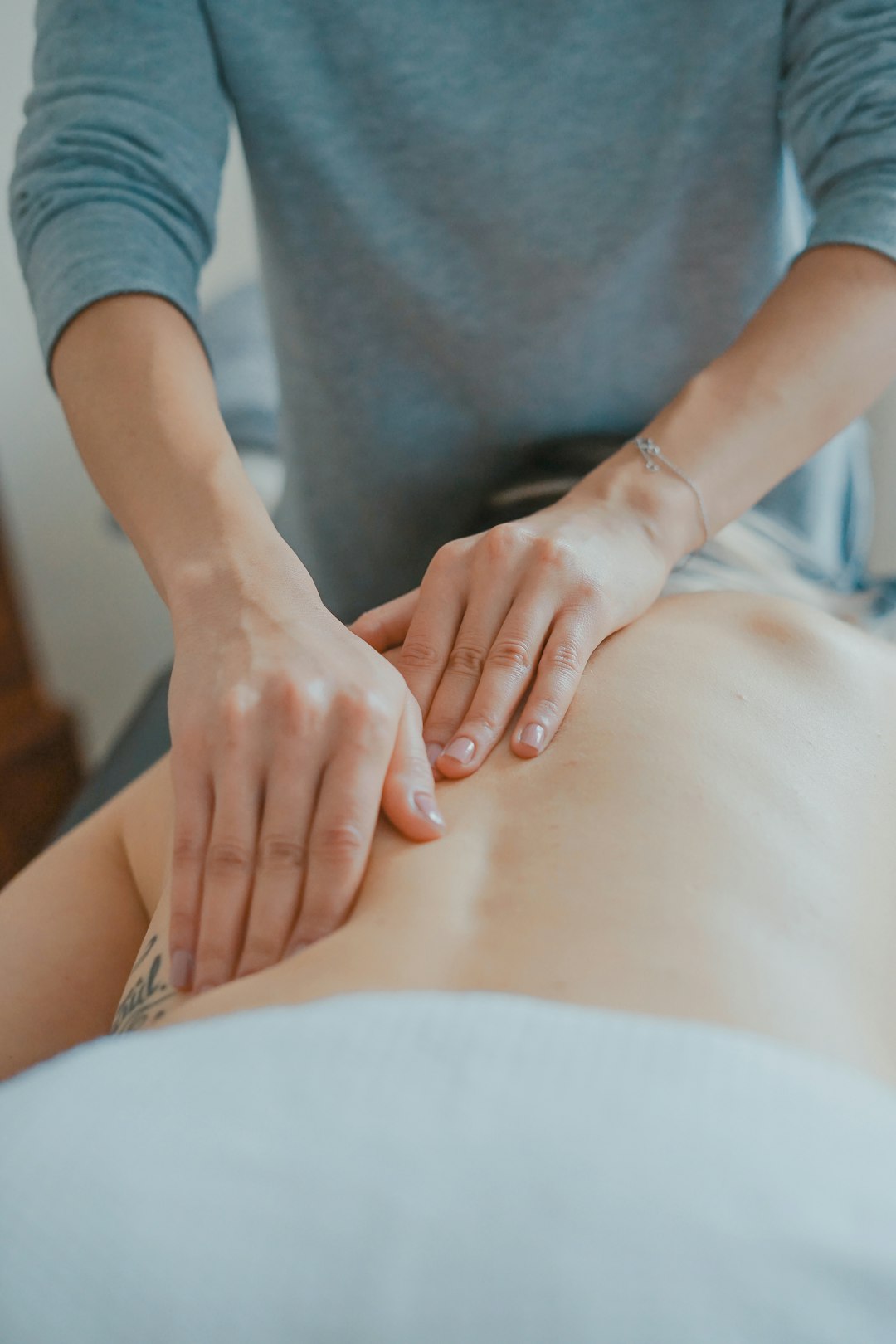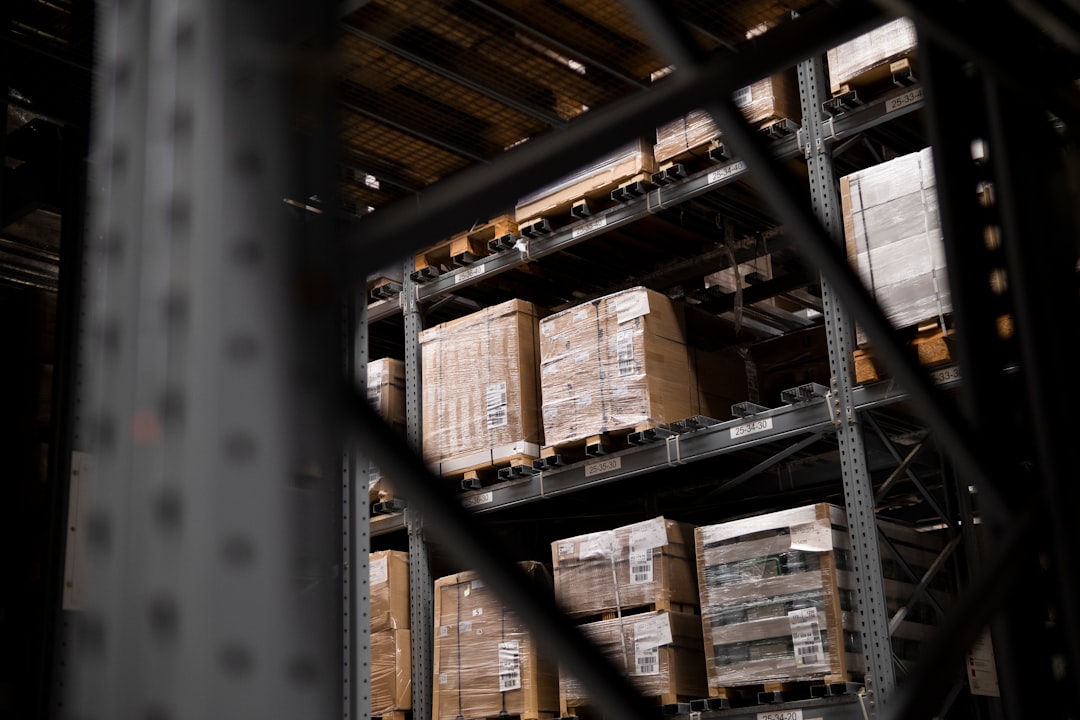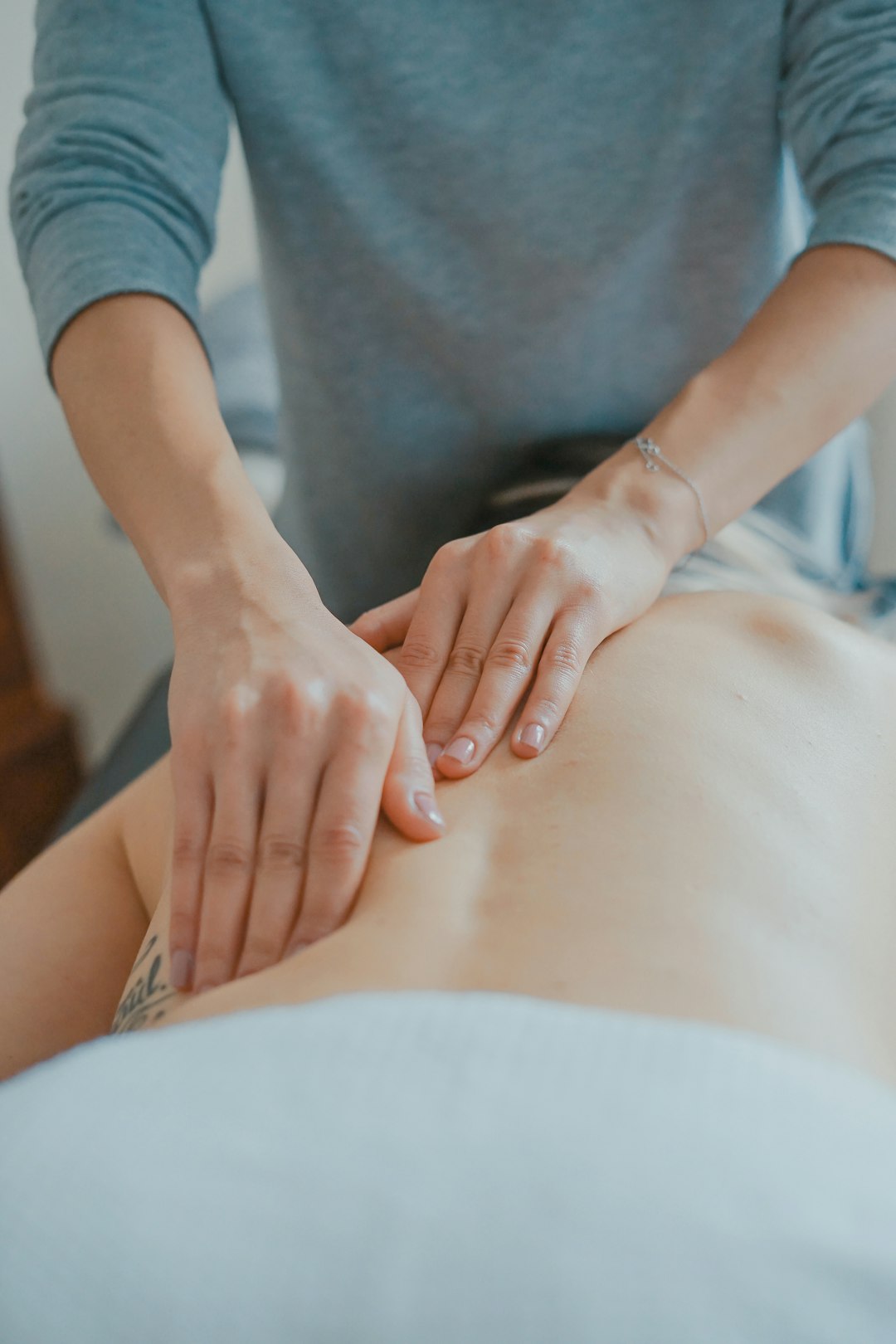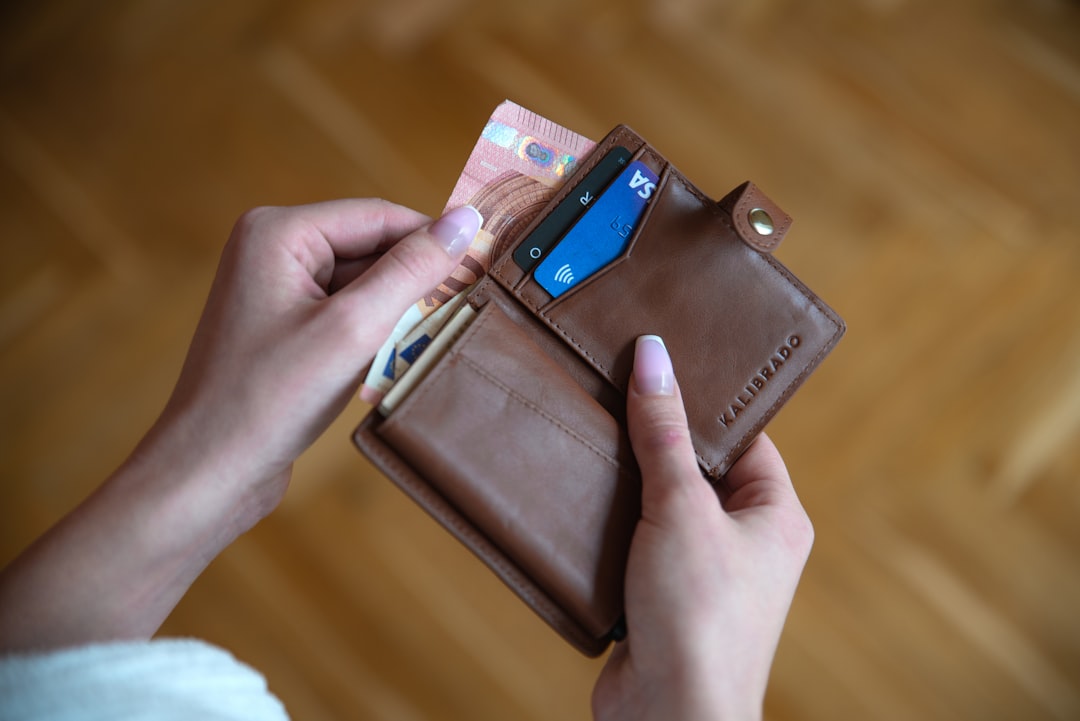Many things that able-bodied people take for granted can be a challenge for people who have a physical or mental limitation. Without the proper aids for daily living can be a challenge for many of them. Thankfully, there are aids for daily living that are very useful for improving mobility and maintaining independence. Here are 6 of the most important aids to consider using.
Walking Sticks
Walking sticks are very useful as walking aids. They are lightweight and sturdy, offering reliable support to maintain balance while standing, walking, or rising. Many walking sticks are ergonomically designed to adapt to the specific height, weight, and gait of an individual. Most are adjustable and foldable for easy storage.
Magnetic Reacher
A reacher is a lightweight stick that is designed for individuals with a limited range of motion. The stick is designed with a movable clip on one end that can be controlled at the handle. Reachers let you grab hold of an object from a distance, instead of bending down or extending your arms. A magnetic reacher is very useful for picking up metal objects such as keys or coins.
Doorknob Extender
A doorknob extender is designed to be installed over a doorknob to make it easier to turn. The extended level allows people who have limited hand/wrist mobility to unlock and open doors on their own. Most doorknob extenders can fit standard doorknobs and are easy to install.
Back Support
Pillows or backrests are important for keeping an individual with limited mobility comfortable. They also perform double function by encouraging proper posture among individuals who spend a lot of time sitting. These products are often ergonomically designed to follow the natural contours of the back and to allow proper air circulation with the use of breathable materials.
Stocking Aid
A stocking or sock aid helps individuals with limited motion to put on their own socks. It is an assistive device made of flexible/semi-flexible plastic over which a sock can be slipped and held open. A person can simply hold onto the long handle and slip his/her foot into the sock and pull the handle up to put the sock on. It is the perfect device for people who have arthritis or those who cannot bend down.
Magnifier
Although a pair of prescription glasses can help, they often may not allow a person to read tiny prints found in many magazines, newspapers, and leaflets. A handheld magnifier can help people who have difficulty reading very small print. These come in different designs and can be very useful for reading labels on food products and medication boxes.

